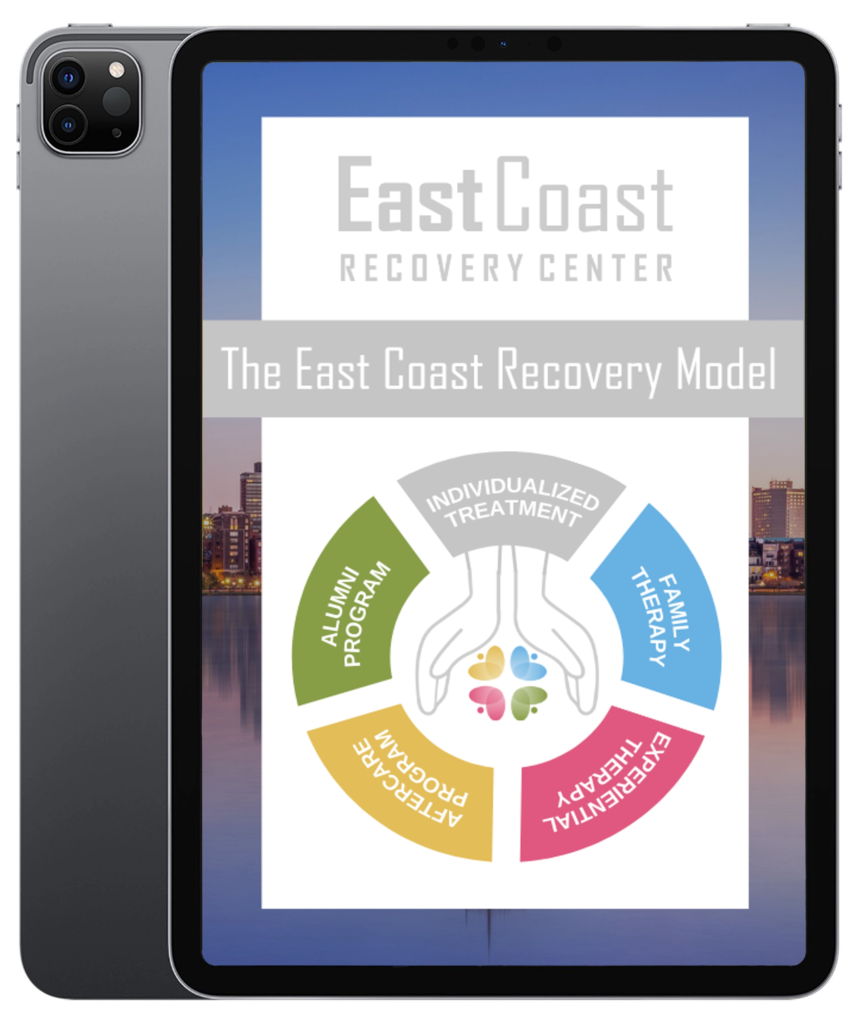

In general, psychotherapy is the procedure of treating psychological problems and mental distress by means of verbal and psychological methods. During this process, a psychotherapist assists the patient in dealing with specific or general issues such as addiction. Therapists employ diverse methods and strategies in therapy, depending on the approach taken. Nearly all types of psychotherapy involve establishing a therapeutic relationship, communicating and forging a dialogue, and addressing problematic thoughts or actions. Despite the fact that psychotherapy is increasingly regarded as a profession in its own right, many different professionals provide it, including clinical psychologists, psychiatrists, counselors, marital and family therapists, social workers, mental health counselors, and psychiatric nurses.
Your therapist encourages you to express your thoughts and feelings and to express what is troubling you during most types of psychotherapy. It is fine if you are reluctant to express your feelings. With time, your therapist will help you become more confident and comfortable. During a psychotherapy session, you may experience intense emotional discussions and even cry, become upset, or experience anger. Some people even feel physically exhausted after a session. Your therapist is there to help you deal with these feelings and emotions. Your therapist may ask you to complete take-home assignments, which are activities or practices that build on what you learn in your regular therapy sessions. In time, talking about your issues may improve your mood, alter how you think and feel about yourself, and improve your coping abilities.
Because of the misconceptions about psychotherapy, you may be reluctant to try it. Even if you know the facts instead of the myths, you may still feel uncomfortable about giving it a shot yourself. If your quality of life is not what you want it to be, whether you’re feeling depressed, anxious, or angry, psychotherapy can help. It’s worth the effort to get past your reservations. People seek psychotherapy because they have suffered from depression, anxiety, or anger for a long time or because their addiction has negatively affected their physical or emotional well-being. If you’ve been experiencing any of the following, you should consider starting psychotherapy:
An overwhelming sense of sadness
Feeling helpless
Nothing seems to be improving despite efforts
Excessively worrying
Actions such as substance abuse have begun to negatively impact your life

During the first therapy session, the physician typically gathers information about you and your needs. You may be asked to fill out forms about your current and past physical and mental health. Your doctor may take a few sessions to fully understand your situation and concerns and select the most suitable approach or course of action
Your therapist’s office or clinic is where you’ll meet with your psychotherapist, who will see you once a week or every other week for a 45- to 60-minute session. If you’ve been hospitalized for treatment, you may receive therapy in a group setting focusing on safety and stabilization.
Certain conditions and disorders can be effectively treated with a variety of psychotherapeutic approaches. Your therapist will choose the approach that is most suitable for you, taking into account your situation and preferences. In many instances, therapists combine techniques. You may be able to overcome a temporary mental condition in a matter of weeks, or you may have to undergo treatment long-term for a serious issue such as substance addiction. Although psychotherapy may not cure your condition or eliminate an adverse situation, you may be able to handle your problems in a healthy manner and feel better about yourself and your life as a result.
There are numerous kinds of psychotherapy, and some are more effective than others in treating certain conditions and disorders. Therapists frequently utilize multiple strategies. Your therapist will decide which method is most suitable for you based on your specific situation and preferences.
The theory behind psychodynamic therapy is that you are experiencing emotional issues because of unresolved, unconscious conflicts, which are usually the result of childhood experiences. During this type of therapy, you will discuss your experiences in order to better understand and manage your emotions. Psychodynamic therapy is a long-term therapy that lasts for several months, if not years.
The goal of this therapy is to improve your communication skills and self-esteem during a brief period of time. Interpersonal therapy focuses on your behavior and interactions with family and friends. This therapy, which lasts 3 to 4 months, is suitable for treating depression resulting from losing a loved one, relationship problems, major life changes, and social isolation.
Cognitive-behavioral therapy helps individuals with mental issues recognize and modify the inaccurate self-images and world perspectives they develop. The therapist directs your attention to the both “right” and “wrong” views you hold about yourself and others in order to help you develop new perspectives.
Patients who are high-risk and difficult to treat are treated using dialectical behavior therapy (DBT). The idea behind the term ‘dialectical’ is that a better outcome is achieved when two opposites in therapy—acceptance and change—are brought together. DBT helps you change unhealthy habits such as lying and self-injury by keeping daily diaries, participating in individual and group therapy, and receiving telephone coaching.
There are a number of psychological and social psychosocial strategies to assist individuals in overcoming drug and alcohol addiction. Treatment programs are frequently combined and matched to suit the individual. Types of psychotherapy for addiction include the following:
Patients may rely on the therapist to be a safe, non-judgmental space in which to discuss their life difficulties. In supportive psychotherapy, the patient is encouraged to express his emotions. When necessary, the therapist may function as a strong guide or authority figure, telling the patient what to do and what not to do. This therapy does not explore the pasts of the patients nor does it investigate their personalities. Patients who are emotionally or interpersonally vulnerable or who become disorganized in stressful situations and memories are best served by this approach.
Coping-focused psychotherapy aims to teach patients specific and practical techniques to deal with specific issues such as Depression, Anxiety, Panic, and Substance Abuse relapse prevention. Scientific studies are the foundation for the most effective forms of coping-focused psychotherapy. Cognitive-Behavioral Therapy is recommended in most cases. Relapse prevention programs are highly recommended.
Patients suffering from addiction often have poor social and emotional skills, which are learned in social skills/interpersonal/growth psychotherapy. Because of a variety of factors, addicts have a tendency to have trouble communicating with others and dealing with their emotions in self-destructive ways. Within the session, patients learn about and put into practice (with each other) healthy communication techniques.
Exploratory psychotherapy helps people understand how past experiences such as trauma, violence, or abuse influence current behavior. Because it can be disorienting and traumatic for vulnerable patients with psychotic or other severe symptoms, dual diagnosis patients, or those with severe symptoms, this type of therapy is not recommended for highly sensitive clients. It is clear that many mental diseases can be healed without recalling past traumas (the most effective forms of therapy for improving functioning are coping-focused). However, exploratory psychotherapy (particularly exposure therapy, a behavioral treatment) is appropriate for treating anxiety and trauma-related disorders and is therefore not to be ruled out if the recovering person has sustained sobriety.

Psychotherapy can be an economical alternative to other types of therapy and a viable option for those who do not require psychotropic drugs. Even if you feel that there is something “wrong” in your life that might be improved by talking to a mental health professional, you can still benefit from psychotherapy. The following are some of the significant benefits of psychotherapy:
Improved communication skills
Gain deep insight
Develop healthy thinking patterns
Gain awareness of negative thoughts
Develop better coping strategies
Strengthen bonds with others
Confront past traumas
Improve self-esteem
Mental health therapies such as psychotherapy may be included in your private health insurance or health maintenance organization coverage. Before beginning psychotherapy, you should contact your health insurance provider to see what’s covered. Insurance firms vary in their coverage of mental health conditions. Some insurance plans may not cover certain mental health problems. In addition to community mental health centers, free clinics, religious organizations, and university and medical school education programs, mental health care may be obtained from university and medical institutions. These organizations usually provide high-quality services at a low cost.
It’s never too early to seek treatment for mental illness. Psychotherapy can be an effective treatment choice for a variety of psychological disorders. Seek help as soon as possible, and you’ll be able to get the assistance you need to live a healthier, happier lifestyle. First, when choosing a therapist, think about whether you’d feel comfortable divulging private information to them. Make sure the therapist has the proper qualifications, including the degree they obtained and the amount of time they’ve been practicing. Friends and family may offer excellent referrals if you’re looking for a therapist. If your current sessions aren’t helping or you don’t seem to ‘connect’ with your therapist, there’s nothing wrong with trying someone new. Therapy is both an art and a science. Keep searching until you find someone you feel comfortable with.
Having a mental health problem can be addressed with psychotherapy, but it can also be beneficial for people wishing to learn new coping techniques or gain a better understanding of their thoughts and feelings. If you are interested in trying psychotherapy, the professionals at East Coast Recovery are here to help you get started.
Every individual’s approach to overcoming addiction or mental illness and living a fulfilling life is unique, and substance abuse treatment must respect that. East Coast Recovery Center offers a variety of treatment programs to those who are struggling with substance abuse and mental health issues. Psychotherapy is one of the many therapy approaches we offer. Please get in touch with us today to find out more about what we offer and to begin right away. We look forward to hearing from you.

Download Our FREE East Coast Recovery Model eBook
FREE Insurance Verification











Helping Those Struggling With Addiction Achieve SUCCESS